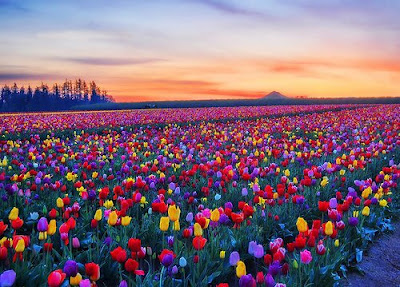A Scent-a-Day with EdieAnne
Weekend Talk
So what really is aromatherapy? Why do we use it and where does it come from...... Weekend Talk
Definition
Aromatherapy is the therapeutic use of plant-derived, aromatic essential oils to promote physical and psychological well-being. It is sometimes used in combination with massage and other therapeutic techniques as part of a holistic treatment approach.
Purpose
Aromatherapy offers diverse physical and psychological benefits, depending on the essential oil or oil combination and method of application used. Some common medicinal properties of essential oils used in aromatherapy include: analgesic, antimicrobial, antiseptic, anti-inflammatory, astringent, sedative, antispasmodic, expectorant, diuretic, and sedative. Essential oils are used to treat a wide range of symptoms and conditions, including, but not limited to, gastrointestinal discomfort, skin conditions, menstrual pain and irregularities, stress-related conditions, mood disorders, circulatory problems, respiratory infections, and wounds.
Origins
Aromatic plants have been employed for their healing, preservative, and pleasurable qualities throughout recorded history in both the East and West. As early as 1500 B.C. the ancient Egyptians used waters, oils, incense, resins, and ointments scented with botanicals for their religious ceremonies.
There is evidence that the Chinese may have recognized the benefits of herbal and aromatic remedies much earlier than this. The oldest known herbal text, Shen Nung's Pen Ts'ao (c. 2700-3000 B.C.) catalogs over 200 botanicals. Ayurveda, a practice of traditional Indian medicine that dates back over 2,500 years, also used aromatic herbs for treatment.
In the late 20th century, French physician Jean Valnet used botanical aromatics as a front line treatment for wounded soldiers in World War II. He wrote about his use of essential oils and their healing and antiseptic properties, in his 1964 book Aromatherapie, traitement des maladies par les essences des plantes, which popularized the use of essential oils for medical and psychiatric treatment throughout France. Later, French biochemist Mauguerite Maury popularized the cosmetic benefits of essential oils, and in 1977 Robert Tisserand wrote the first English language book on the subject, The Art of Aromatherapy, which introduced massage as an adjunct treatment to aromatherapy and sparked its popularity in the United Kingdom.
In aromatherapy, essential oils are carefully selected for their medicinal properties. As essential oils are absorbed into the bloodstream through application to the skin or inhalation, their active components trigger certain pharmalogical effects (e.g., pain relief).

http://beautynscents.net
re: http://ask.healthline.com/galecontent/aromatherapy-1

No comments:
Post a Comment